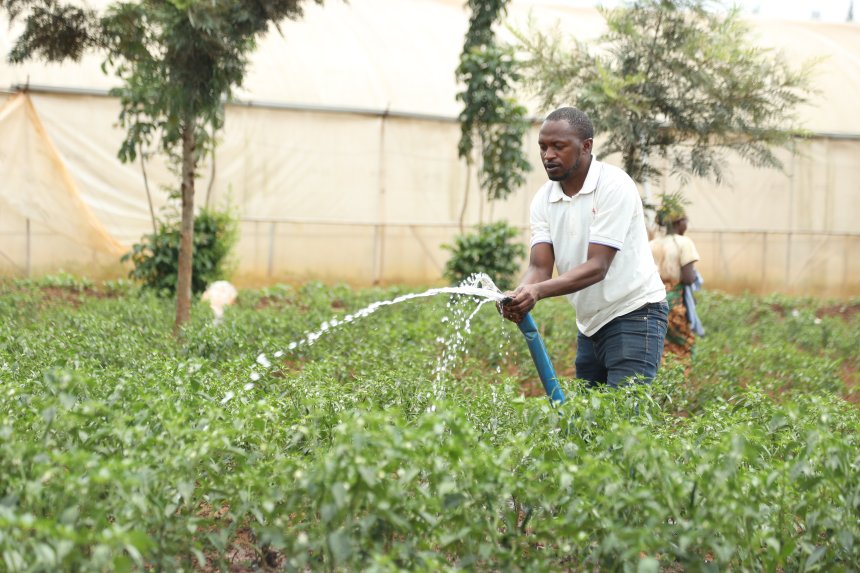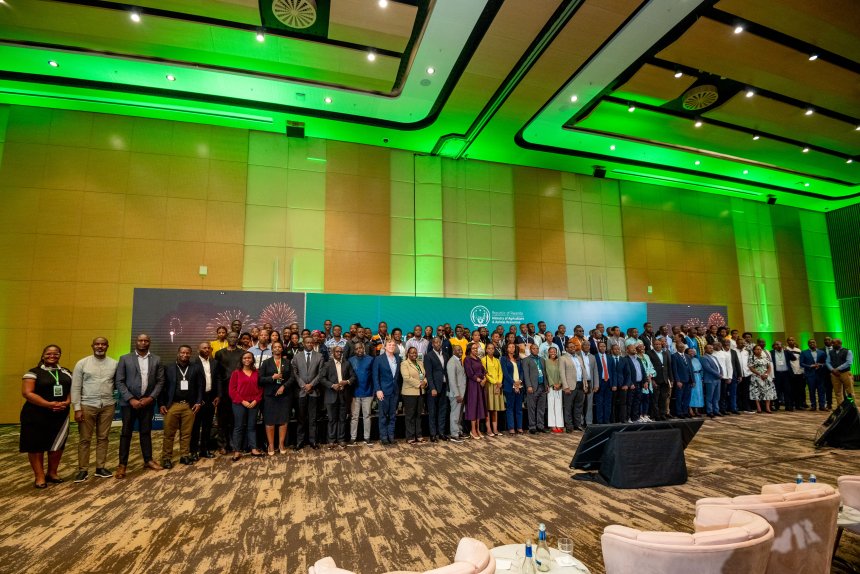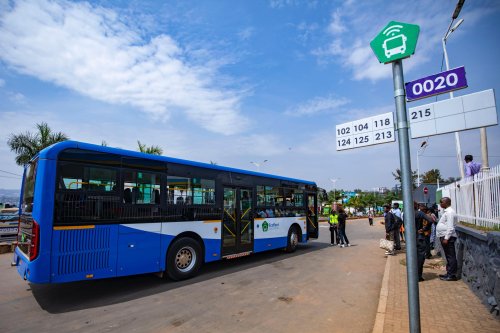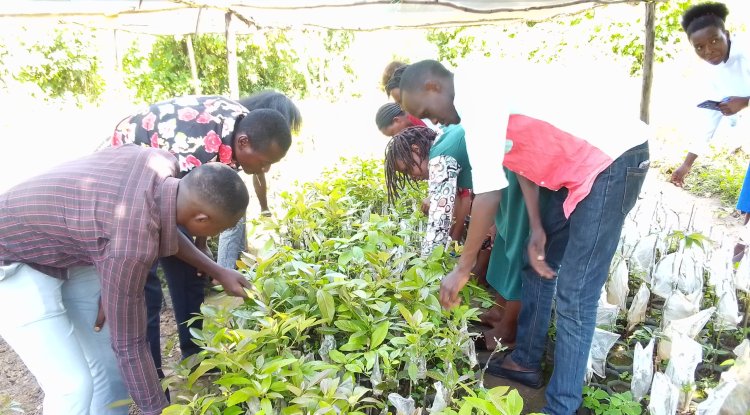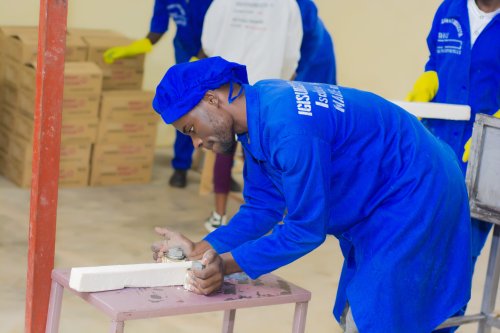Africa’s Agricultural Future Rests on Youth Innovation, Say Participants at ACAT2025
As the Africa Conference on Agricultural Technologies (#ACAT2025) kicked off in Kigali, Rwanda, a resounding message echoed across the opening panels: the future of African agriculture lies in the hands of its youth. From climate-resilient innovations to seed technologies, young agri-preneurs and experts called for a bold rethinking of agriculture as a tech-driven, opportunity-rich enterprise.
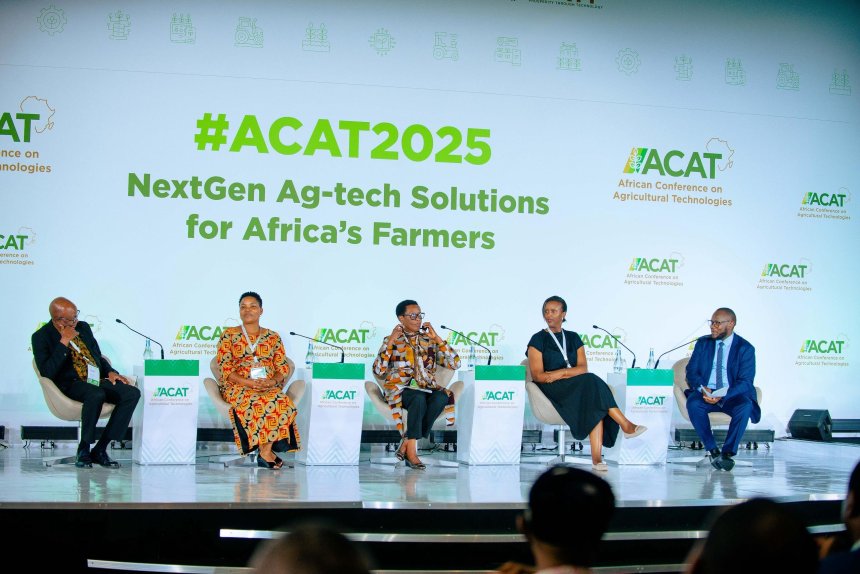
Youth took center stage at the opening plenary, advocating for inclusive innovation that not only addresses Africa’s food security needs but also empowers a new generation to lead change from the grassroots. AGRA, a key partner of the conference, led the call to action by spotlighting youth voices that emphasized practical, accessible technologies built around the realities of African farmers.
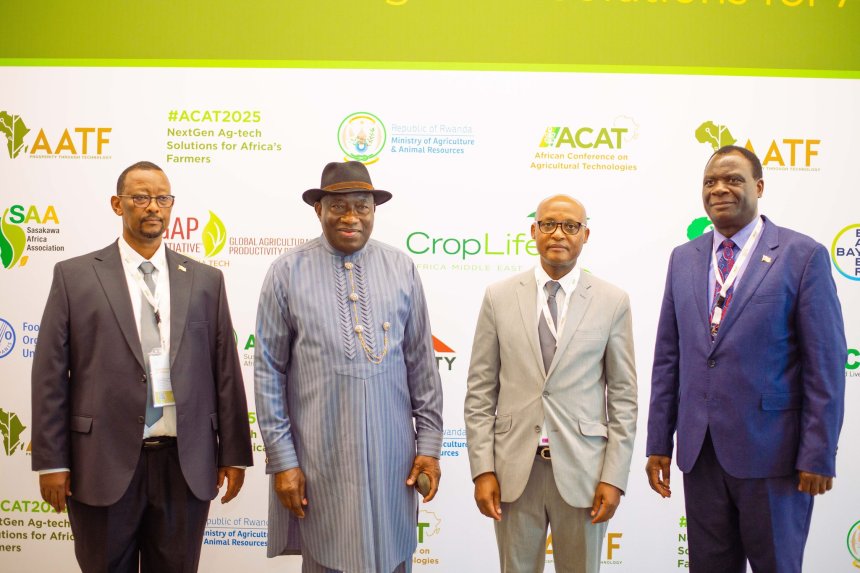
Samuel Banda, a young seed entrepreneur from Zambia and founder of Quality Basic Seeds, urged leaders and researchers to align innovation with real-time climate shifts.
“Technology is here to stay, climate is changing every day,” Banda said. “Africa should be able to embrace it with both hands. Researchers need to put their heads together so we can serve the needs of the farmers.”
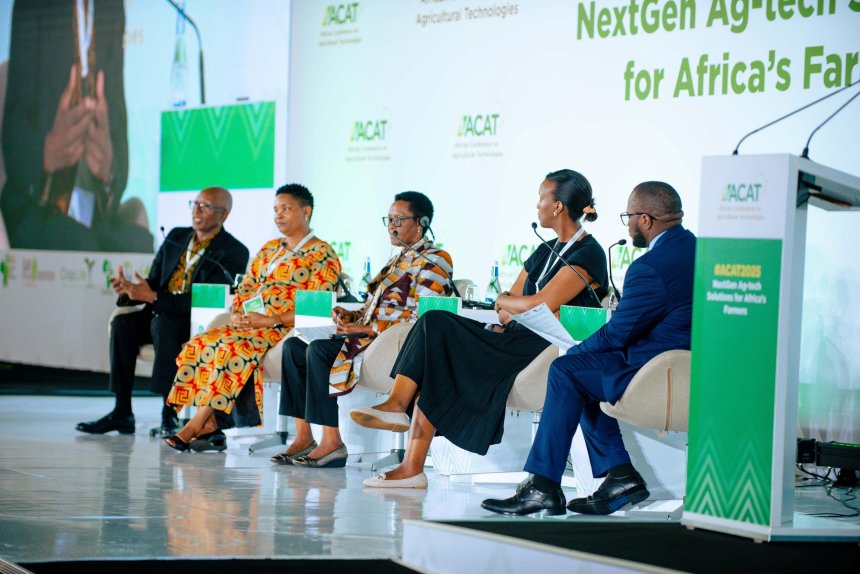
He added that governments must provide “the right policies and a framework” that enables stronger collaboration between the private and public sectors, ensuring solutions are responsive and scalable.
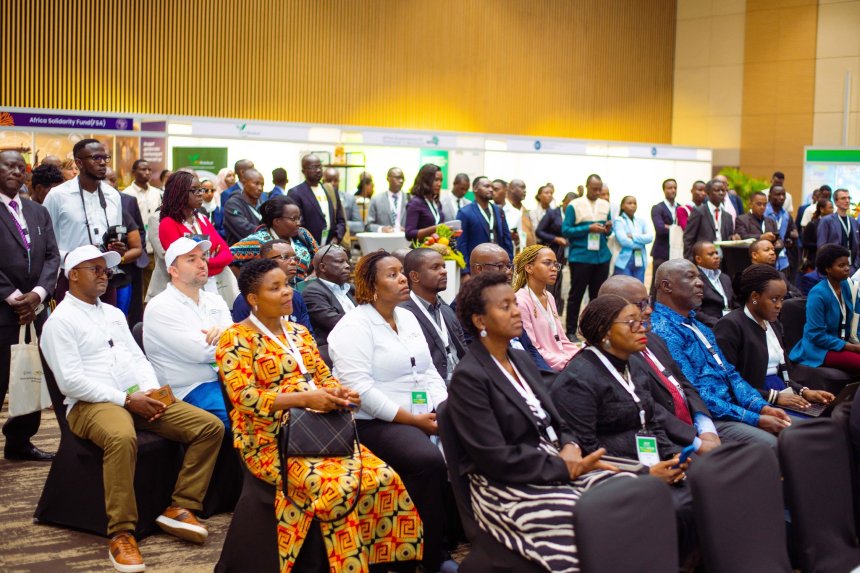
Another powerful voice came from Moses Atewogboye, Commercial Manager for West Africa at EcoBasic Seeds, a Nigerian foundation seed company. Atewogboye challenged the outdated perception of farming as a low-value, subsistence activity.
“The truth in Africa is that we need to embrace mechanization,” he said. “It’s not just about soil or inputs it’s the seed that is key. Farming has gone beyond survival; it's now an enterprise.”
He emphasized the need for visibility and storytelling, saying, “We need to blow the trumpet. Let the youth know that it’s not just about white-collar jobs. Technology and AI can support agriculture, but farming needs people it needs youth.”
The energy and urgency expressed by young participants found strong support from Rwanda’s Minister of Agriculture and Animal Resources, Dr. Cyubahiro Bagabe Mark, who called Rwanda a model of agriculture-led transformation powered by evidence and political will.
“Rwanda is an agricultural transformation success,” Dr. Bagabesaid in a media interview on the eve of the conference. “We are focusing on productivity, value addition, technology, youth, women, and innovation. That is where our success lies.”
He highlighted Rwanda’s PAST 5 blueprint, which sets ambitious goals in agricultural productivity, especially around seed systems, irrigation, and climate-resilient practices.
“Most of our seeds are not certified. We need investors who can go through the whole value chain from breeder to certified seed,” he added. “And with climate change, irrigation is crucial. We’re targeting to move from 72,000 to 132,000 hectares under irrigation by 2029. That requires investment.”
Also joining the panel was Sharon Akanyana, founder of IshyoFoods Ltd in Rwanda. She brought a powerful local perspective on youth, technology, and the need for accessible finance.
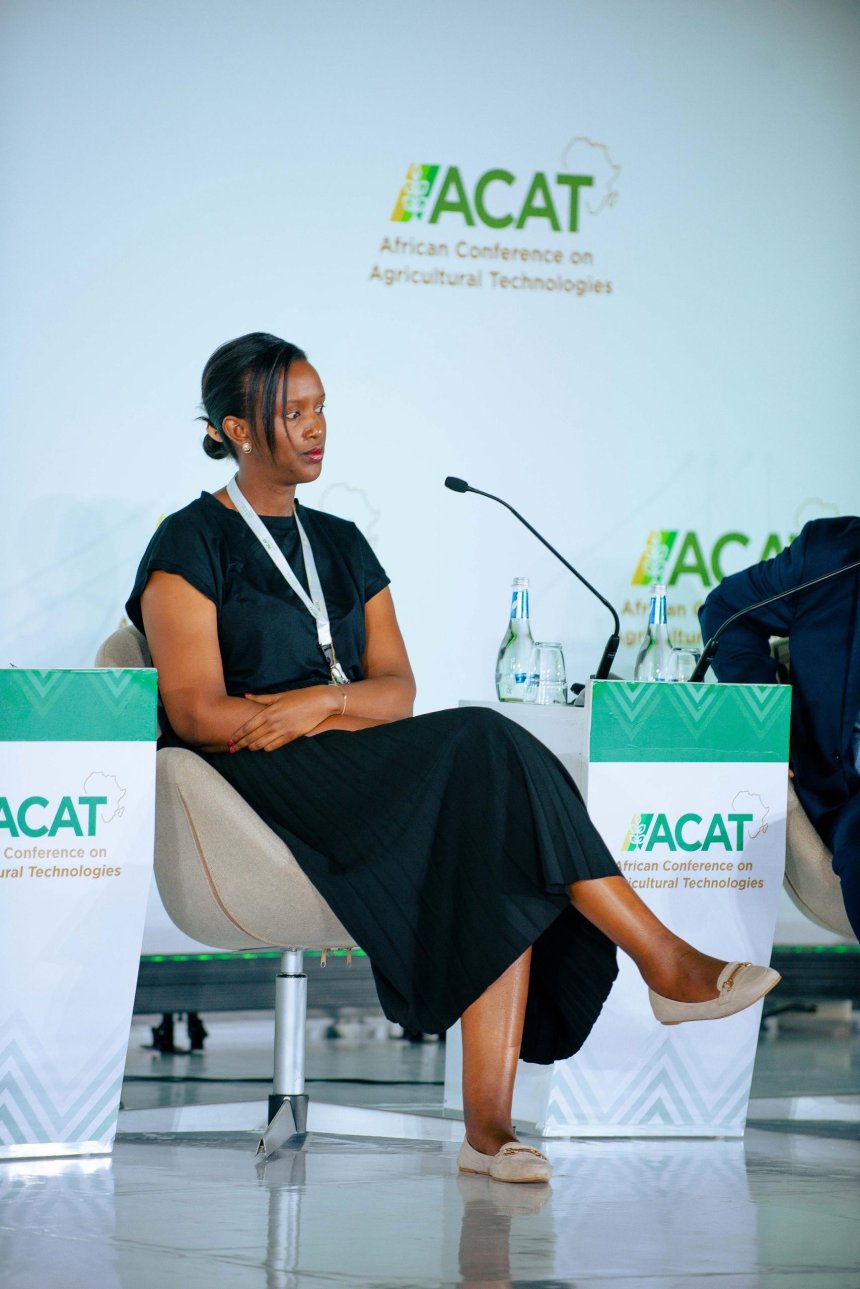
“A large portion of Africa’s population is youth, and they have strong capabilities in technology. For instance, we recently hosted interns from RICA (Rwanda Institute for Conservation Agriculture), and interestingly, they were the ones showing us advanced digital tools that can be applied in our work. That shows how much value they bring to the market,” Akanyanasaid.
“We need continued advocacy that makes technology more accessible to those of us working in agribusiness. That includes easier access to finance especially with flexible repayment terms and lower interest rates so that we can scale our innovations and impact.”
As the conference progresses, #ACAT2025 is fast becoming a launchpad for youth-led innovations and partnerships, showcasing that agriculture in Africa is no longer just about food it’s about jobs, enterprise, and resilience in the face of a changing climate.
END
